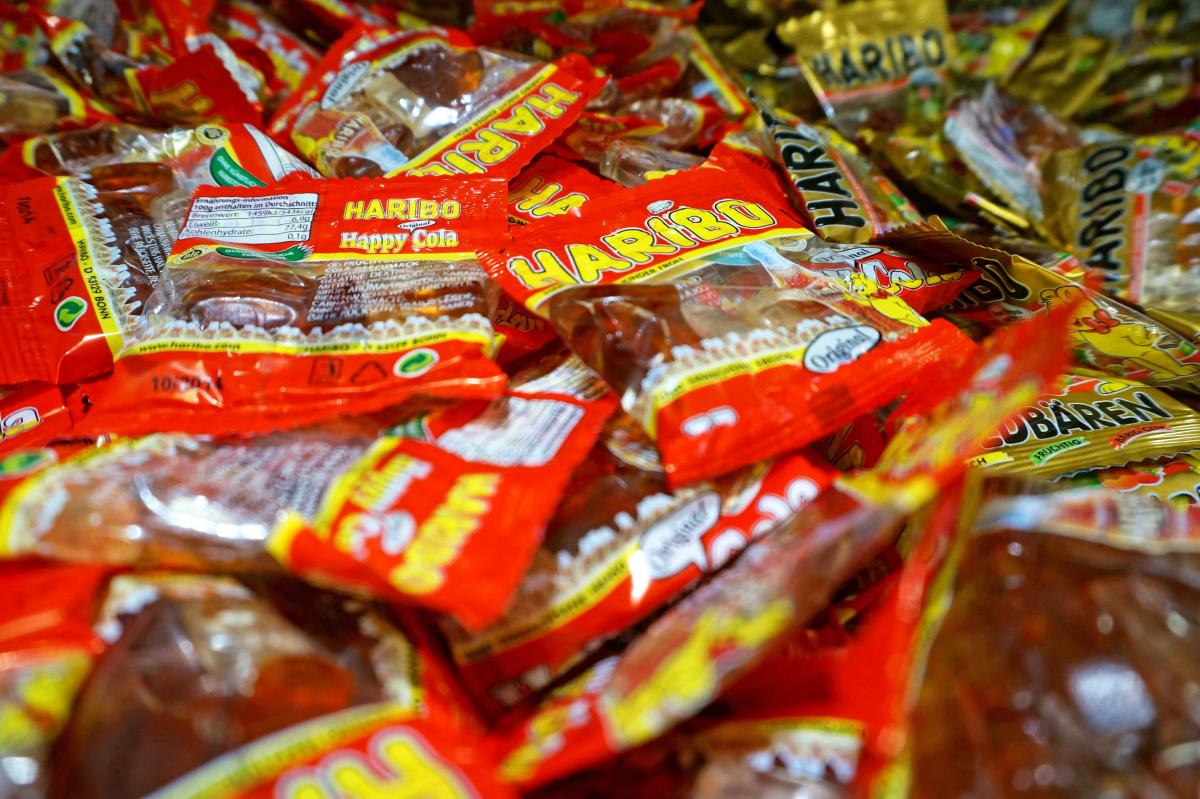A recent announcement by German confectionery giant Haribo sent shockwaves through parents and food safety circles: the company recalled a batch of its popular “Happy Cola” gummies from Dutch markets after some packages were found to contain traces of cannabis (hashish). Several people, including children, experienced symptoms such as dizziness, nausea, and physical distress.
The Dutch Food and Consumer Product Safety Authority confirmed the contamination following lab analysis of the affected product, after receiving reports from families concerned about unusual symptoms in their children. The investigation is ongoing to determine how the drug entered a product designed specifically for children. Haribo responded swiftly, pulling the tainted batch from Dutch shelves and assuring the public that the issue is limited to that single batch in the Netherlands and does not affect any other products, including those sold in Lebanon.
Not Just a One-Off: Children’s Food and the Hidden Risks
Despite Haribo’s reassurances, the incident has reignited concerns over the overall safety of food marketed to children. These products are often presented as fun and kid-friendly, yet they may contain ingredients that are harmful or controversial from a health standpoint.
According to Lebanese nutritionist Dr. Mireille Haddad, the danger isn’t just in rare manufacturing errors like the inclusion of a narcotic, but also in the regular use of certain ingredients that can harm children over time. “Many of these products are loaded with excessive sugars, artificial colors, and sweeteners. Unfortunately, many parents don’t read the labels carefully or aren’t aware of the potential impact, exposing children to substances that can lead to behavioral issues, digestive problems, or poor nutritional development,” she says.
Some common examples of harmful children's food products include:
- Gummy candies and lollipops often contain artificial colors (like E129 and E102) linked to hyperactivity and allergies.
- Mini energy drinks for kids, increasingly found in some markets, despite their high caffeine and sugar content, pose risks to children’s hearts and nervous systems.
- Kid-branded chips – typically high in salt, saturated fats, and flavor enhancers that may affect blood pressure and kidney function.
- Flavored gum – sometimes contains controversial artificial sweeteners like aspartame or saccharin.
- Processed butter and chocolate snacks may include trans fats, which are harmful to heart health and associated with obesity and diabetes.
What’s the Solution?
Dr. Haddad emphasizes that the first line of defense is awareness, not regulation. “Parents must scrutinize labels and not blindly trust anything labeled ‘for kids.’ That branding doesn’t guarantee safety,” she warns.
She also calls on Arab health authorities, including those in Lebanon, to ramp up routine inspections of both local and imported food products, especially those targeting vulnerable groups like children.
Ultimately, while the Haribo case in the Netherlands may be isolated, it raises a broader red flag about the safety of children's food. In a world of eye-catching packaging and relentless marketing, trust is no longer enough. We need to start checking what’s inside the box.
Please post your comments on:
[email protected]
 Politics
Politics













